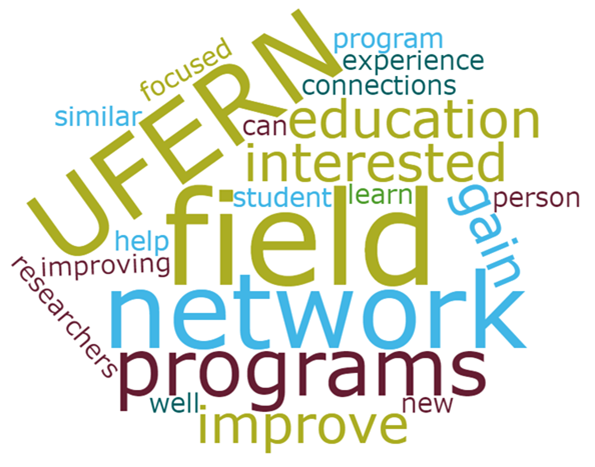The COVID-19 pandemic is causing massive disruptions in higher education. Faculty across disciplines are struggling to quickly transition to virtual classrooms. Nowhere has this been more difficult than in the field sciences, where first-hand experience with the complexity of the natural world is essential for applying classroom learning to authentic settings, developing deep content knowledge and skills, and fostering identity as a field scientist.
Supported by a National Science Foundation RAPID-grant (NSF # 2031815), a team of 50 field stations in 26 states and 6 countries has launched the “Virtual Field Project” this summer to:
- Create ecosystem exploration videos to teach students to find and observe evidence of key ecological concepts.
- Host live-streaming cross-site events with researchers to discuss the process of field research with students.
- Share existing virtual materials and events with faculty at universities across the U.S. produced by a variety of organizations. A virtual field portal will act as a signpost, catalog, and calendar for faculty, students and community.
- Evaluate the efficacy of virtual field materials to set the stage for further cross-site virtual field learning initiatives
The project emerged from a grassroots effort by the Organization of Biological Field Stations, and is led by Claudia Luke Center for Environmental Inquiry at Sonoma State University, along with Hilary Swain at Archbold Biological Station, and Kari O’Connell of the STEM Research Center at Oregon State University. Through Kari O’Connell’s leadership, UFERN is an important partner on the project.
The Virtual Field Project will continue far beyond the COVID-19 pandemic. Multi-site field courses are out-of-reach for many faculty and undergraduates due to logistics, cost and administrative barriers. Field trips created and shared by the Virtual Field Project will give students experience with a diversity of ecosystems around the world, encourage participation by a broader diversity of university courses, and expand opportunities for students with disabilities. The project will also contribute to a vision for effective and meaningful field learning at Field Stations and Marine Labs that includes both virtual and in-person learning strategies. The project is highly collaborative and is seeking to share approaches, resources and ideas with field sites, institutions and initiatives interested in enhancing research, education and connection to the earth. Contact: Claudia Luke, Director, Center for Environmental Inquiry, Sonoma State University lukec@sonoma.edu for more information and to get involved.





